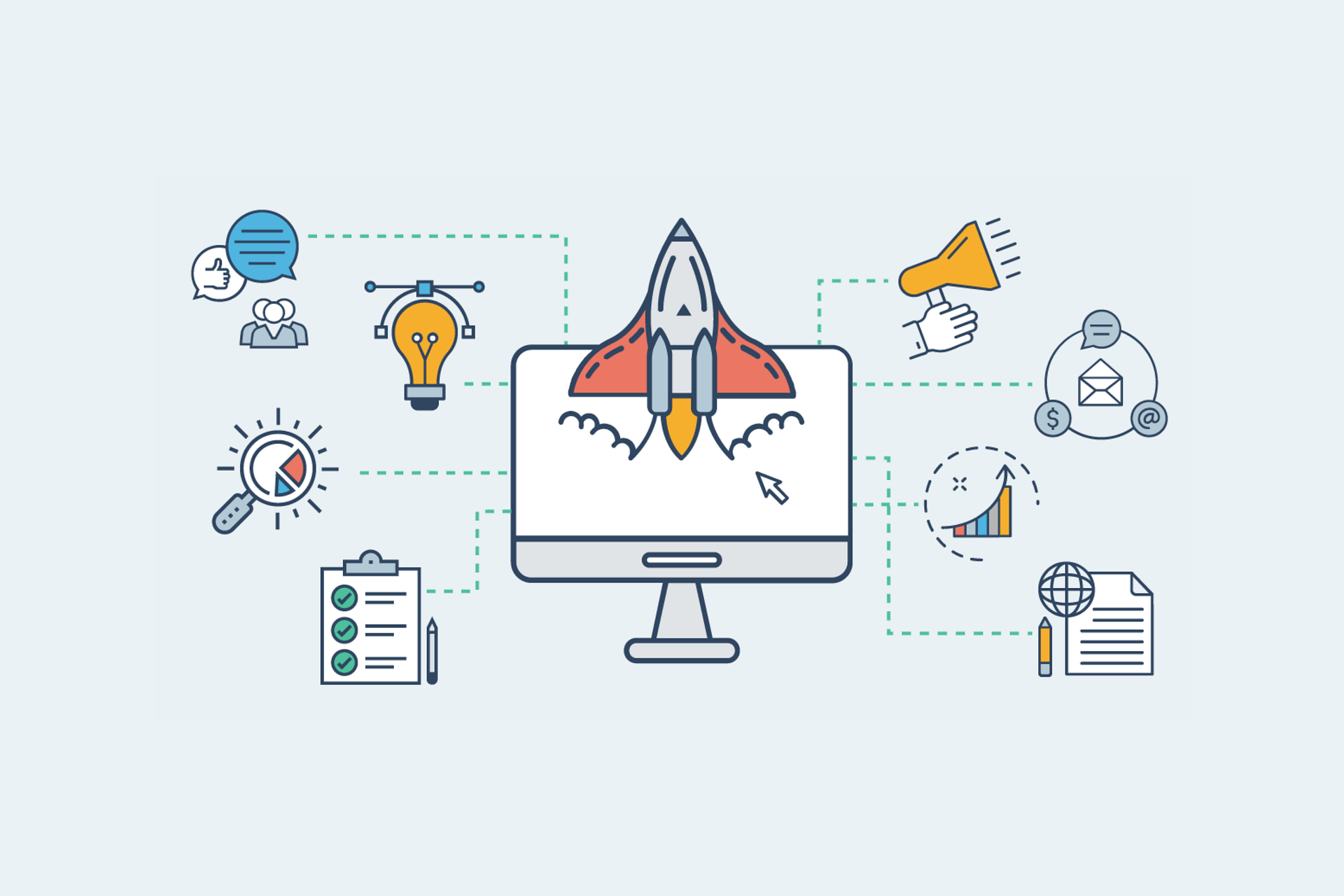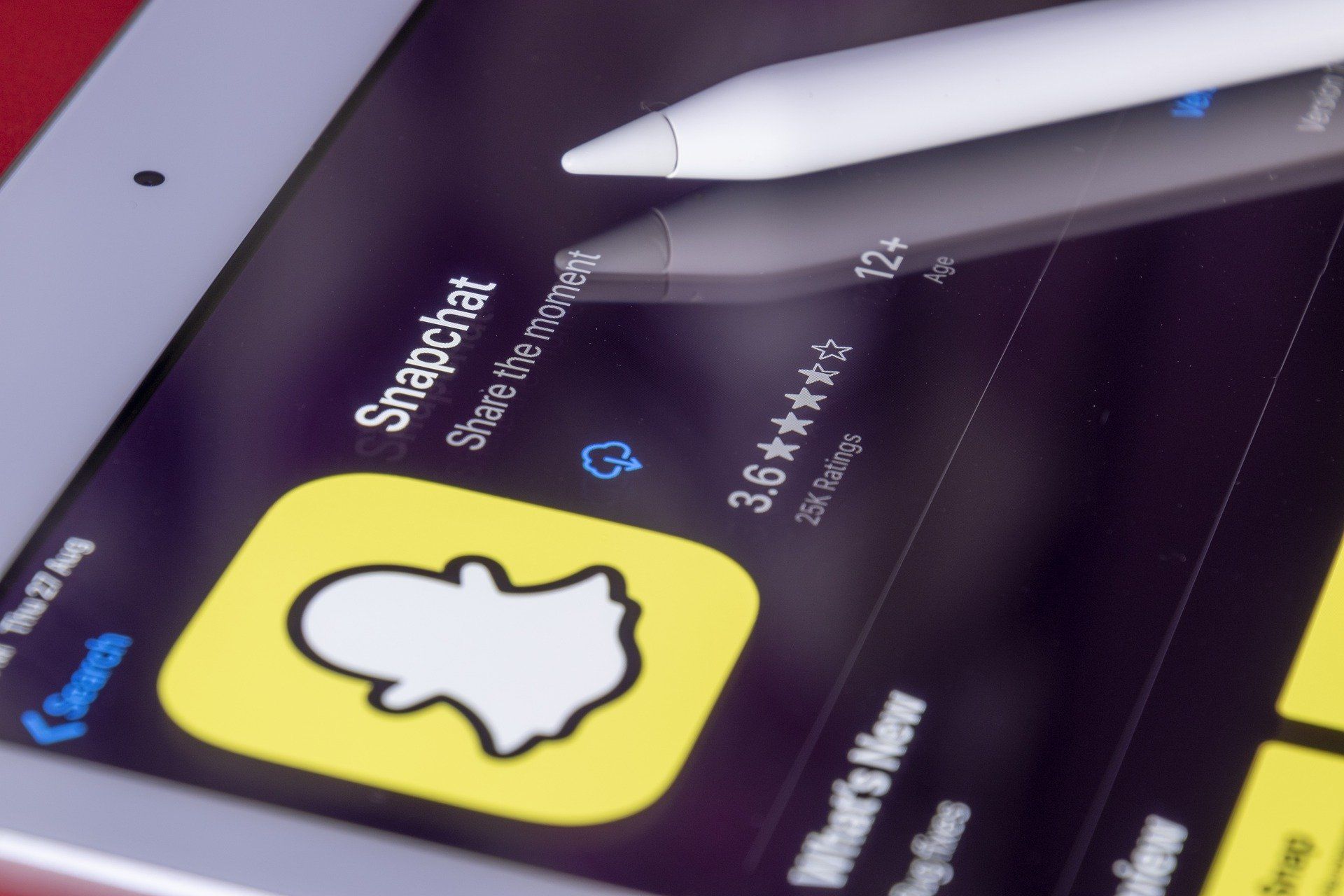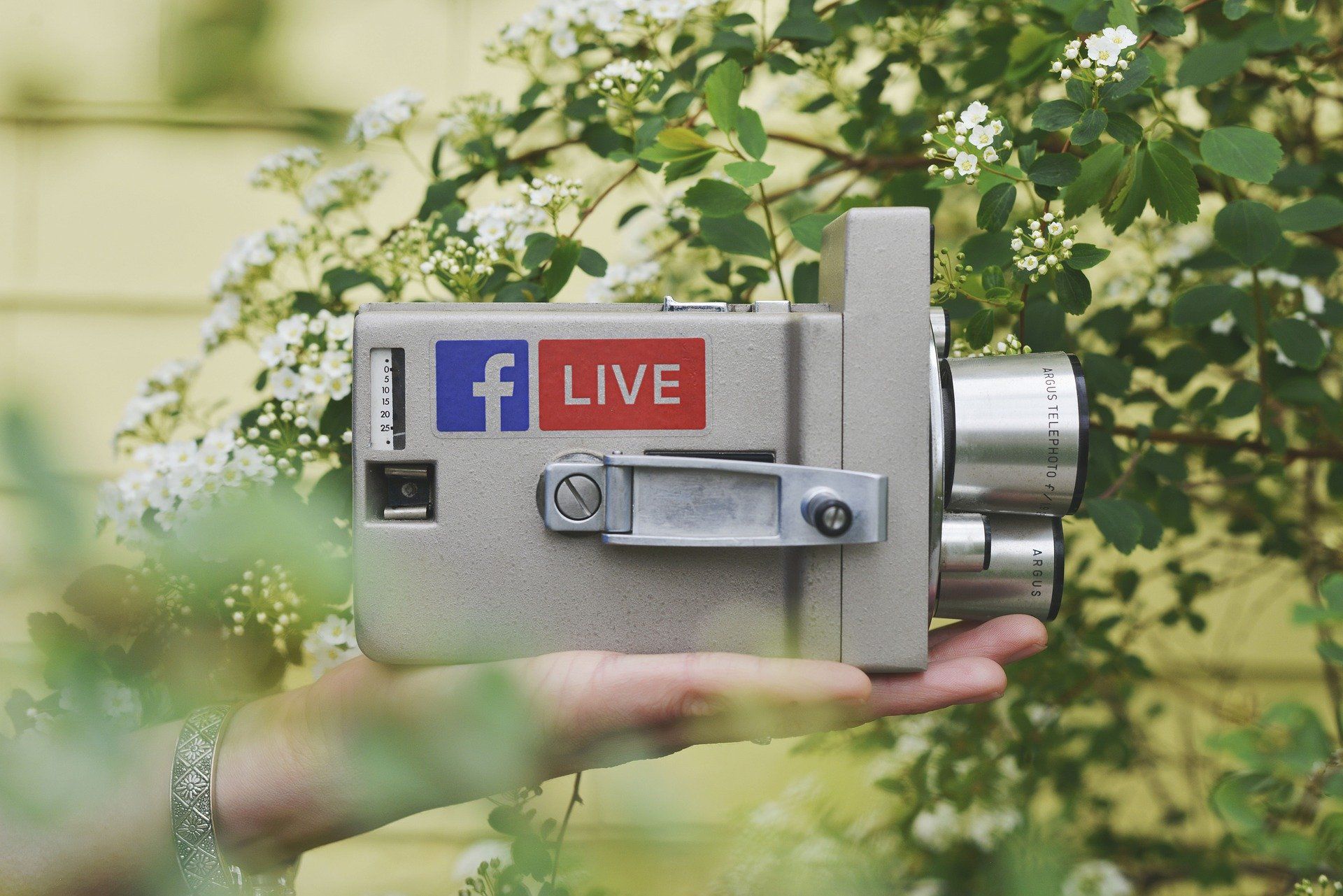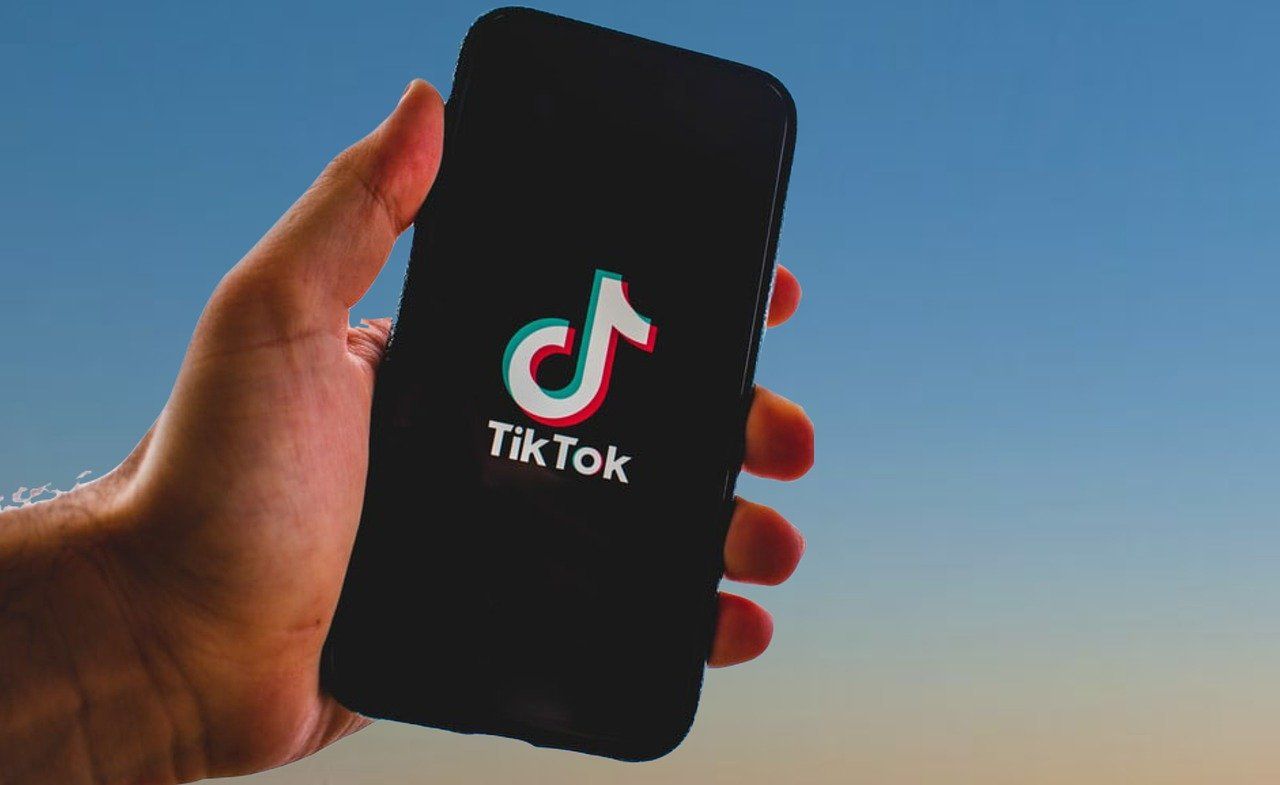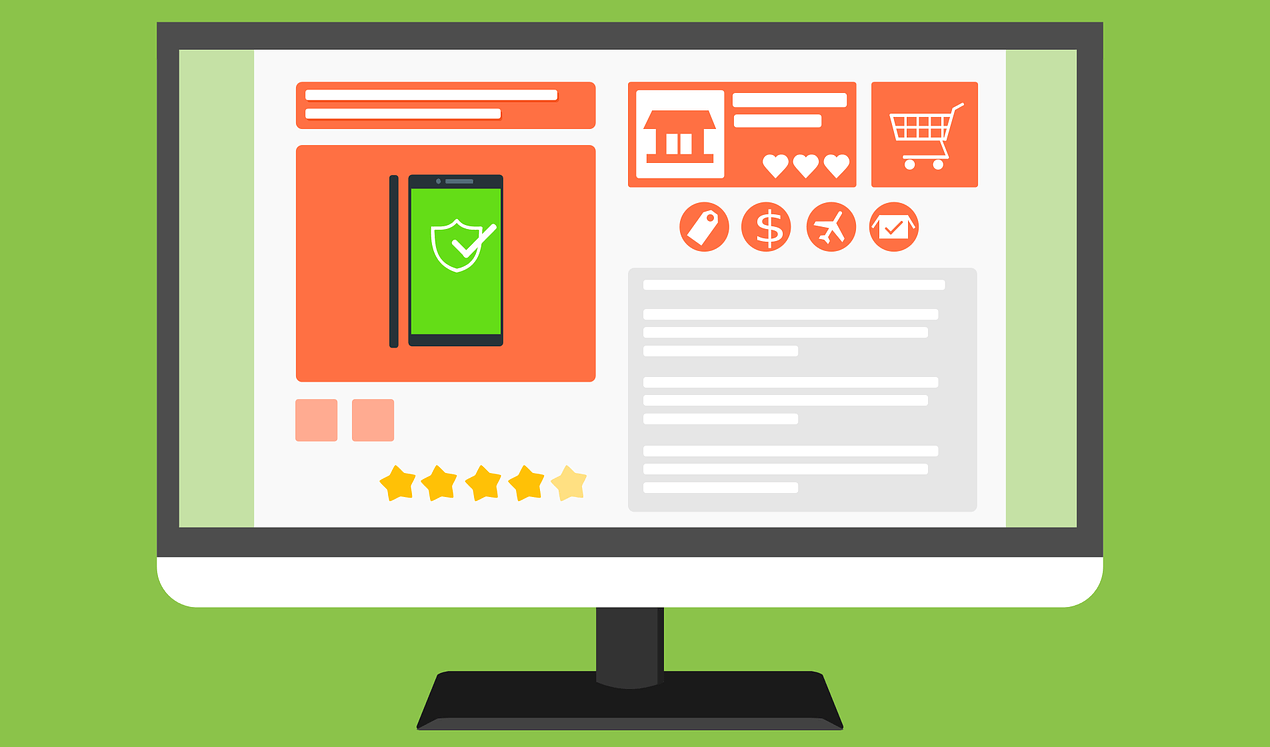5 reasons why your business should be using Google AdWords
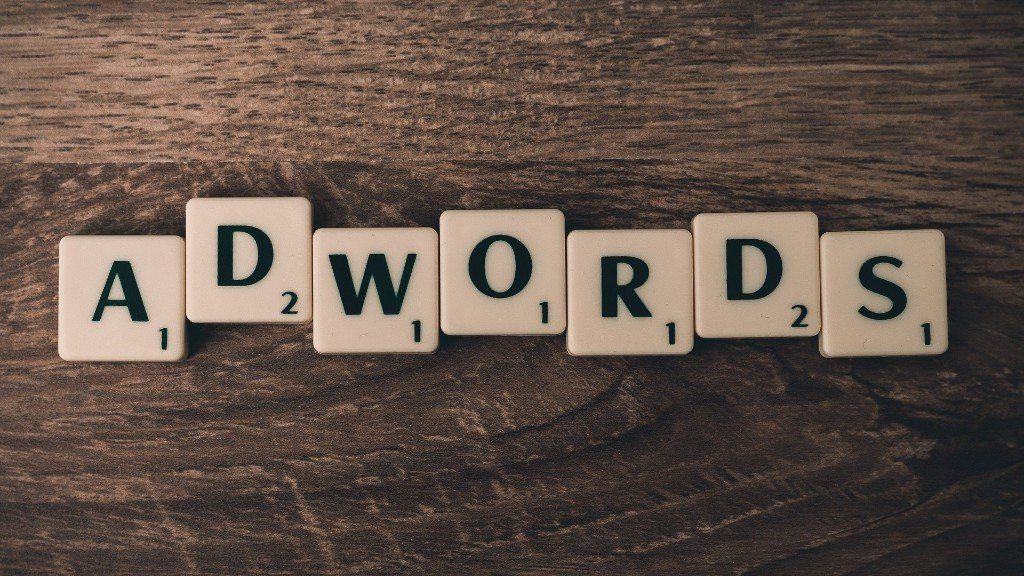
When it comes to marketing your business, there are a plethora of options that you can choose from. You can use social media ads, email marketing, retargeting or online video, to name a few. There is also pay-per-click (PPC) marketing, where an advertiser only pays when someone clicks on their ad. Google AdWords is by far the most popular PPC ad system and is one of the most effective methods of online advertising, used by small, medium and large businesses!
Still not sure if AdWords is for you? Here are 5 reasons why your business should be using AdWords:
1.) AdWords is measurable
Google AdWords includes a lot of advanced metrics to determine how your campaign is performing. Some of the top metrics include: cost per conversion, click-through rate and conversion rate. Conversions will tell you if you’re making money on the campaign and accomplishing your goal, while your click rate provides insight into your ad copy and how well you are communicating with a potential customer.
2.) AdWords results are fast
While SEO is very important and something you should definitely invest in, it can take months to see results from working on your organic search ranking. With AdWords, you will see impressions and clicks as soon as you turn the campaign on.
3.) AdWords works hand-in-hand with other digital campaigns
AdWords can get your business in the top search results so that you drive more people to your website. If you use a tactic such as retargeting alongside your AdWords campaign, you can “follow” people who clicked to your site with display ads. You can track visitors to your website by placing a simple piece of code on your website.
4.) Utilize the purchase funnel
There are three main stages of the sales funnel: the top, middle and bottom. AdWords can be used to target consumers at both the middle and bottom stages of the sales funnel. At the middle of the funnel, you can capture consumers that are already interested in the product but still want to learn more. At the bottom of the funnel, consumers are ready to buy, so you want to appear at the top of search results by having a strong promotional message.
5.) AdWords is more than just text ads
AdWords has multiple ad formats including in-video ads on YouTube, product shopping ads, app promotion ads, call-only ads and more! AdWords has a solution for whatever you are looking to promote!
